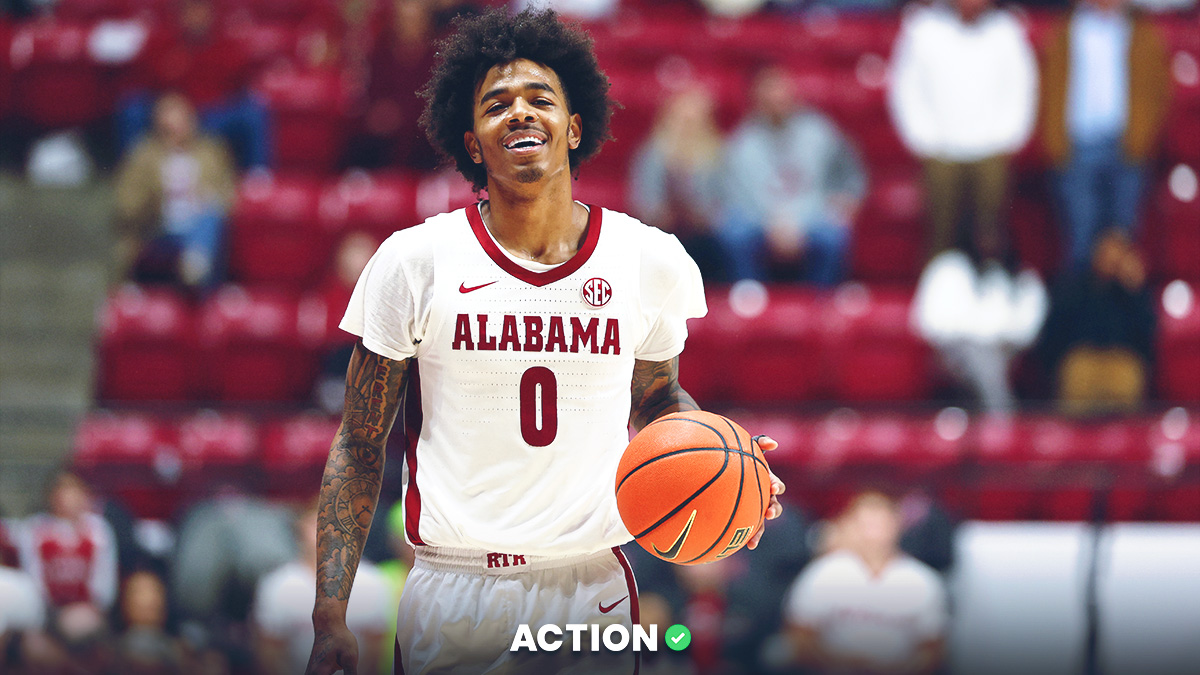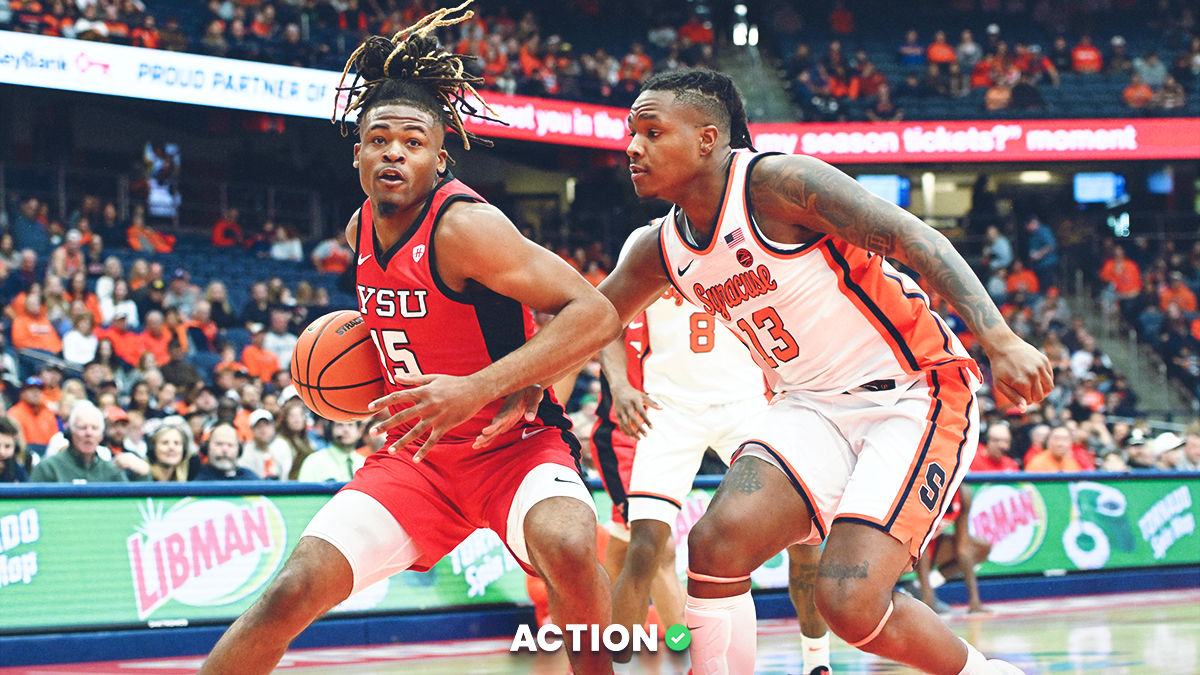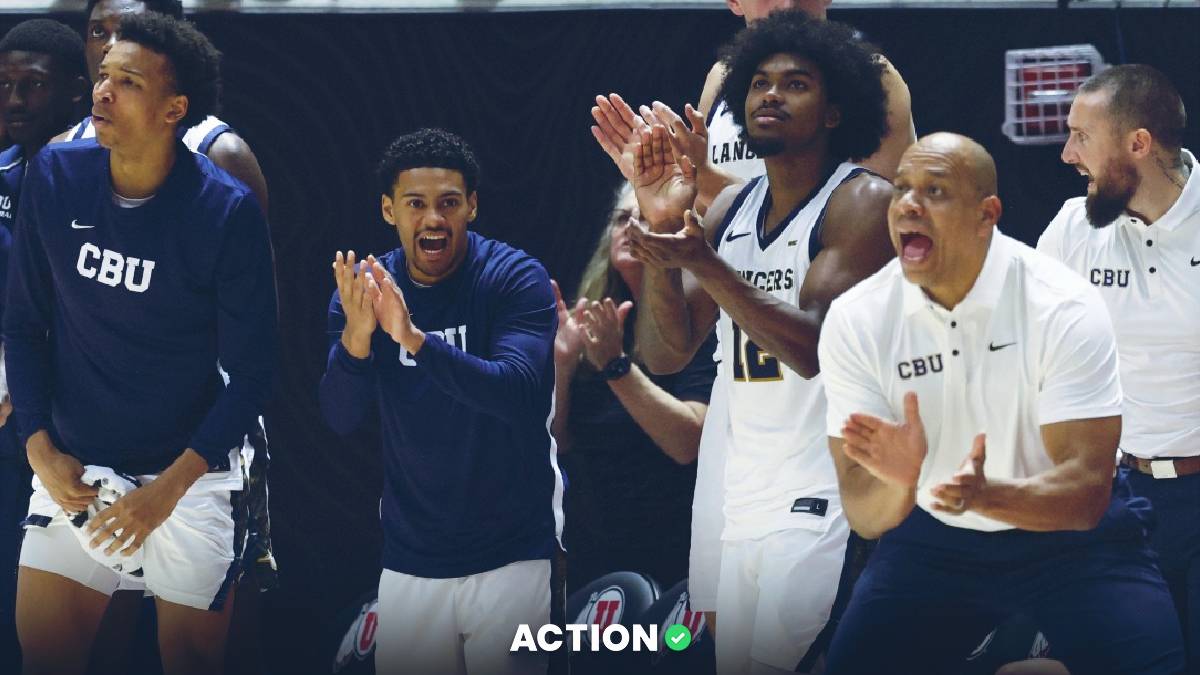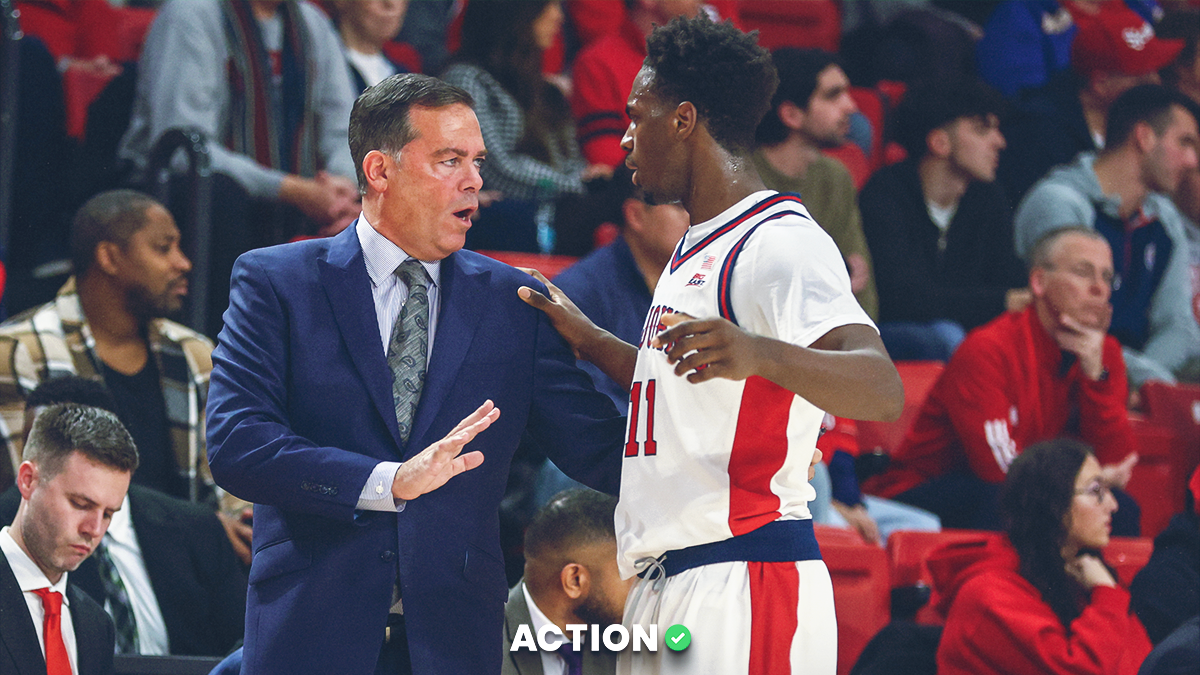- Using the past 17 NCAA Tournaments, we've established a statistical profile that teams need to reach the Final Four and win the NCAA Tournament.
- Balance is more important than offense or defense alone.
- This year, seven teams have that profile as of now, with Virginia Tech (40-1) the only one with odds north of 20-1 to cut down the nets.
Last season's NCAA Tournament will forever be immortalized as the year 16th-seeded UMBC took down the No. 1 overall seed Virginia Cavaliers.
On the night of that historic upset, about 10 of my friends and I gathered at my home to watch the NCAA tournament while playing craps. The room was electric, with every play of UMBC-Virginia interposed by the roll of dice. At some point during the evening, it was hard to tell whether our screams were directed at the television or a hot hand on the come-out roll. Chaos is fun.
Last year's NCAA tournament will also be remembered for Loyola-Chicago's unlikely Final Four run. And that, too, recalls to mind other Cinderella stories of low-seeded teams who made epic Final Four runs: Wichita State in 2013, VCU and Butler in 2011 and George Mason in 2006, to name a few.
The problem is that none of those teams won a national title. Not one.
I know that take is somewhat bleak and nihilistic, but it's also the truth. Cinderella teams may win the hearts of the nation, but blue blood programs win championships.
Looking forward to the 2019 NCAA Tournament, I analyzed all college basketball teams based on three metrics, each sourced from Ken Pomeroy, to determine who can win the national title this season:
Adjusted offensive efficiency (AdjO): Points scored per 100 possessions, adjusted for opponents
Adjusted defensive efficiency (AdjD): Points allowed per 100 possessions, adjusted for opponents
Adjusted efficiency margin (AdjEM): The difference between a team's offensive and defensive efficiency
I correlated each of these metrics with NCAA tournament performance. AdjEM boasted by far the highest correlation (at r=0.561), which suggests that well-balanced teams are more successful in the postseason.
I also found that each metric in its raw form out-performed a team's in-season ranking for each metric. This suggests that historical excellence is more predictive of future success than a team's relationship to its peers in an individual season.
The 2018-19 Championship Contenders
Adjusted Efficiency Margin dramatically out-performed AdjO and AdjD — either individually or in combination — in its ability to predict national champions. AdjEM was also more effective at discriminating title-winners from runners-up or Final Four teams. So, if we're trying to target only teams who can win the Big Dance, it's prudent that we rely exclusively on AdjEM. Balance is important.
Our next step is to establish a statistical threshold that clearly discriminates champions from other contenders. If we set that threshold too narrowly, we'll end up excluding too many former national champions. However, if we set the threshold too broadly, we'll inadvertently "catch" too many non-champions in our sample.
So, through careful statistical analysis, I've identified an AdjEM threshold that toes the line between those two extremes: 23.81 or higher. Teams with an AdjEM of at least 23.81 represent the top 15.87% of all tournament teams since the 2001-02 season. This filter captures 14 of 17 national champions, 10 of 17 runners-up and 51 of 68 Final Four teams over that span.
However, it also excludes three national champions:
- 2003 Syracuse (AdjEM = 19.96)
- 2011 Connecticut (AdjEM = 21.70)
- 2014 Connecticut (AdjEM = 19.12)
Each of those three teams won a national championship despite reporting a regular-season AdjEM less than 23.81. However, this class of teams (z-score = 0.00 to +0.99) has horrible round-to-round win-rates compared to our target sample:
After cross-referencing 2019 teams with an AdjEM of 23.81 or higher, we're left with only seven national championship contenders this season (AdjEM scores in parentheses):
- Virginia (35.34)
- Duke (32.04)
- Michigan State (30.91)
- Gonzaga (28.95)
- Tennessee (28.03)
- Michigan (26.69)
- Virginia Tech (23.92)
Each of these teams is represented below based on their current AdjO and AdjD, in order to help you visualize their standing relative to previous national champions and Final Four teams:
Six of those teams rank among the top-seven best odds to win the 2018-19 NCAA Tournament.
One of them, however, is not like the others: Virginia Tech is tied for the 13th-best odds to win the title at +4000.
- Duke +200
- Gonzaga +1000
- Michigan +1000
- Virginia +1000
- Tennessee +1400
- Michigan State +1600
- Virginia Tech +4000
It's worth noting that the Hokies just lost 103-82 at No. 11 North Carolina on Monday. That losing performance has not been factored into their AdjEM as reported in this article. Nonetheless, they rank among only seven possible teams that fit our national championship profile. That makes them a very intriguing bet at a steep discount from the rest of the pack.
Additionally, our list of championship contenders currently excludes Kansas (+1400), Kentucky (+1600), Nevada (+1800) and North Carolina (+1800). All four of those teams currently have top-10 odds to win the national title this season.
But, we've still got plenty of basketball left to play. So, I'll be periodically publishing follow-ups to this piece as we approach March Madness 2019. Whenever a team ascends into championship consideration — or falls from grace — I'll be sure to keep you updated.


















































